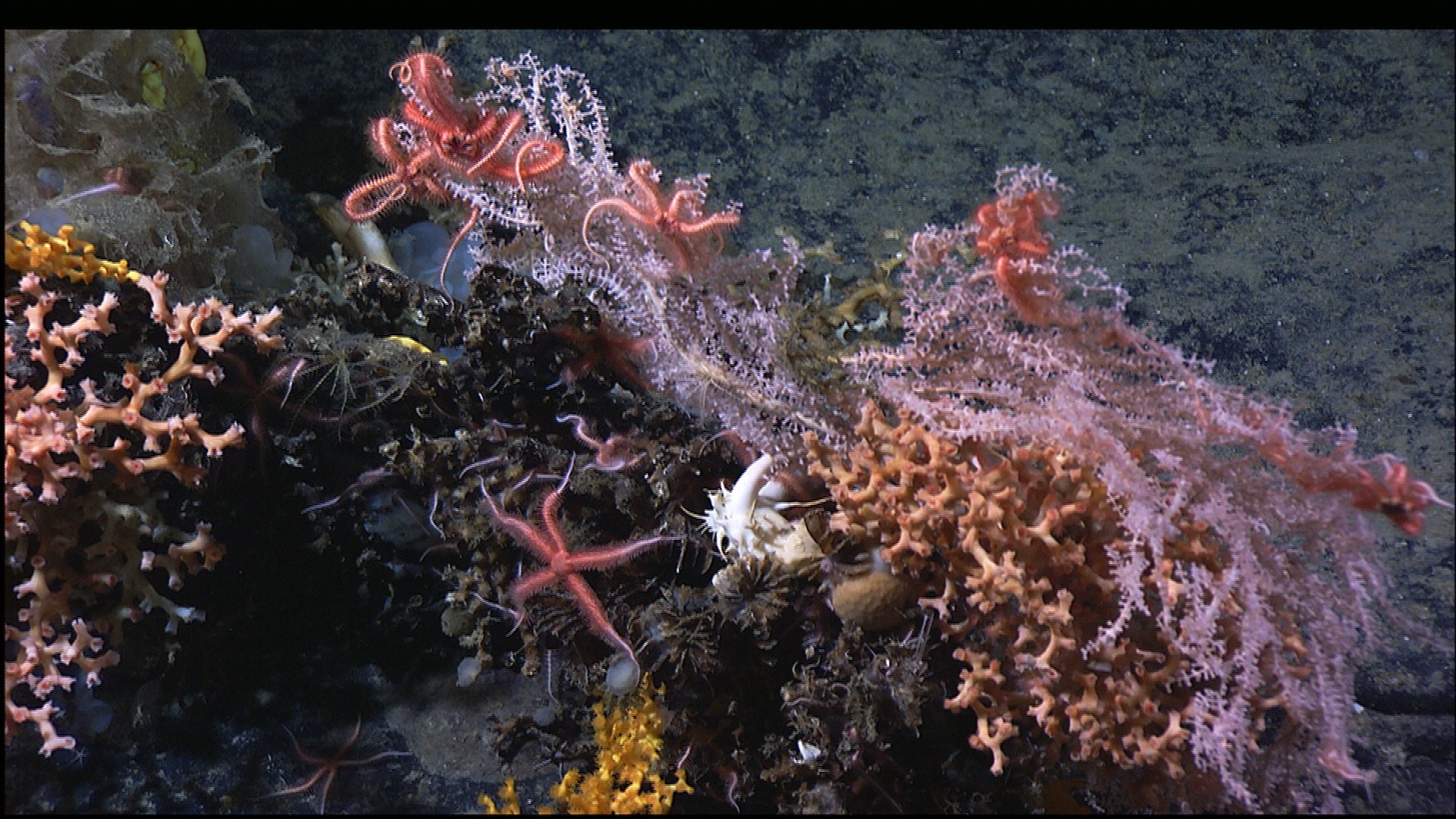
In the Ocean, the Fight to Protect “the Common Heritage of Humankind” Continues
In the Ocean, the Fight to Protect “the Common Heritage of Humankind” Continues
Nicole Zanesco | January 20, 2022
In the wake of World War II, the world faced a new threat: the Cold War and nuclear proliferation. The shadow of this conflict reached even the most distant, untouched part of the globe, as states began considering the use of Antarctica as a site for nuclear testing. But in an unprecedented act of foresight, states from around the world instead joined forces to protect Antarctica, closing it to resource extraction, banning nuclear and military testing, and freezing claims of sovereignty over the continent. In 1953, the Antarctic Treaty System was established in an effort to protect the continent in the name of scientific progress for the good of all humankind.
Much like Antarctica, the high seas and international seabed belong to all humankind and they are our collective responsibility. Many decades ago, people came together to stop resource extraction and military expansion from destroying one of our last pristine ecosystems. Can we do it again?
Deep seabed mining is a new industry targeting metal-rich ecosystems on the ocean floor in international waters. Much like bottom trawling and terrestrial mining, deep seabed mining could be disastrous for the surrounding species and ecosystems, some of which are found nowhere else on Earth. Politicians, fishing associations, companies, faith-based groups, and civil society organizations are asking governments around the world to prevent deep seabed mining from wreaking havoc on international waters before irreparable damage is caused.
In June 2021, Oceans North and five other Canadian NGOs launched a parliamentary petition calling on the government of Canada to support the global campaign for a moratorium on deep seabed mining. But after reaching three times the number of signatures needed for the petition to be presented in parliament, everything came to a screeching halt. The 2021 federal election was called and petitions were wiped clean, letters to government went unanswered, and votes at international forums such as the International Union for the Conservation of Nature (IUCN) were abstained from. While we waited for the Canadian government to be dismantled and rebuilt, business for the rest of the world went on as usual.
At the International Seabed Authority (ISA), the official body responsible for managing and protecting the international seabed for the benefit of all humankind, the race to mine the deep sea is rushing forward despite an absence of knowledge about how or whether it can be done sustainably. Towards the end of June, the Republic of Nauru (a small island country in the Pacific) triggered the “two-year rule,” which dictates that a state may accelerate the drafting of regulations, standards, and guidelines for the exploitation of deep-sea minerals to a two-year timeline.
The current state of the drafts is disappointing, to say the least. The regulations are incomplete, yet the standards and guidelines are still being drafted—essentially, a house is being built before the foundation is laid. Many states, such as the African Group coalition and a coalition led by Costa Rica, have objected to the triggering of the two-year rule, citing COVID-19, the incomplete state of the drafts, and a lack of knowledge of the deep-sea environment.
Canada has an opportunity to support the states objecting to irresponsible development and protect a vast collection of ecosystems that cover almost 50 percent of the planet. By supporting a moratorium on deep seabed mining, Canada and other states could inspire a regime change at the ISA; instead of an international institution focused on increasing the pressure on our already overburdened Earth through more extraction, the ISA could be dedicated to scientific discovery, environmental stewardship, and knowledge sharing.
In the midst of the Cold War, the United States and Soviet Union came together to sign the Antarctic Treaty System, which protected the entire continent in order to pursue scientific knowledge for the benefit of all humankind. Since 1953, the Antarctic Treaty System has grown and continues to protect one of the most remarkable regions on the planet. Imagine if states could, once again, come together and create something revolutionary to pass on to future generations. Protecting the entire international seabed is one of the most meaningful ways we can invest in our future.
That’s why we are re-launching our parliamentary petition and continuing the fight to establish a moratorium on deep seabed mining. If you would like Canada to champion the protection of the deep seabed and its remarkable species and ecosystems, join the call and sign our petition here.
Nicole Zanesco is Oceans North’s international policy adviser.
